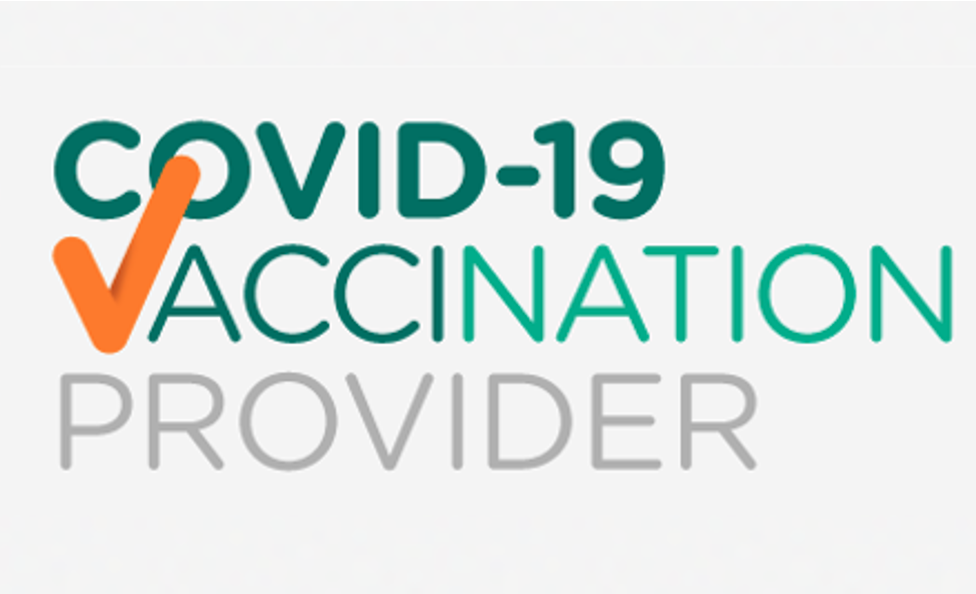
Influenza Vaccination Information
Please read important information on the Influenza Vaccination.
Influenza virus causes major epidemics and pandemics (e.g. H1N1 in 2009. Influenza) is characterised by an abrupt onset of fever, muscle aches, headache, sore throat and acute cough, and can cause extreme weakness lasting several days. Primary viral pneumonia occurs rarely, but secondary bacterial pneumonia frequently complicates influenza in individuals whose medical condition makes them vulnerable to the disease. Such persons are high risk in epidemics and may die of pneumonia or cardiac complications.
Annual immunisation in autumn and are recommended for those who can transmit influenza to person at increased risk;
- Health care providers, staff of nursing homes and long-term facilities and providers of home care to persons of high risk. For example nurses, volunteer workers and household members (including children greater than 6 months old) of persons in increased groups.
- Pregnant woman; influenza vaccine is safe for pregnant women. Pregnant women, who fall into the above categories, should be vaccinated. In addition pregnant women in the second and third trimester are at risk of influenza related complications.
Contraindication to Vaccination with Influenza vaccine
- A previous anaphylactic reaction to the Influenza Vaccine
- An anaphylactic (severe allergic reaction) reaction to eggs
- Hypersensitivity to any component of the vaccine (e.g. Gentamicin)
- Illness: Acute febrile illness;
Dosage and frequency
Vaccination is best, undertaken from 1 March in anticipation of winter outbreaks of influenza annually.
Possible reaction to vaccine
Common
- Pain and swelling at the injection site.
- Fever, malaise and flu like symptom occur occasionally. These reactions can commence a few hours after the vaccination and may last up to 2 days. The symptoms mimic influenza but as the vaccine is not a live vaccine and does not cause influenza.
Uncommon
- Immediate adverse events such as acute allergic reaction are a rare consequence of the vaccine. The allergy is usually due to a component of the vaccine manufacturing process such as egg protein.
- There have been cases of Guillain-Barré Syndrome (sudden onset of paralysis) being associated with the influenza vaccine. The incidence is 1:1,000,000 and therefore the risk of complications of the influenza virus in at risk individuals is higher than contracting Gillian Barre Syndrome.
Paracetamol is recommended for the fever and painful vaccination site, associated with vaccination.
Should you experience any unexpected side effects you can seek medical advice from:
- Your GP
- You immunisation Provider
NB** If it is after hours, please call:
13 SICK (13 7425) or go to www.homedoctor.com.au
Or the nearest Emergency Department.




